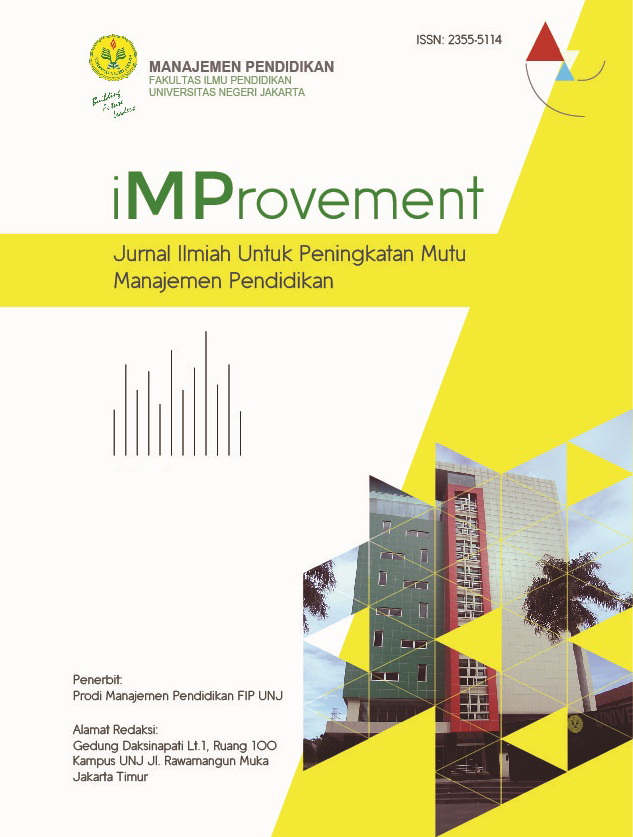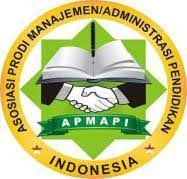Education Marketing Management Through Branding Strategy at SMP Islam Al Falaah South Tangerang
DOI:
https://doi.org/10.21009/improvement.v9i1.26870Keywords:
Marketing Management, Education, Branding StrategyAbstract
Abstract: The number of educational institutions is increasing, causing competition between each other, and it becomes a challenge to be able to attract prospective students to choose their educational institution. Therefore, educational institutions are required to meet the needs so that they have advantages and the community can choose their educational services. On this basis, educational marketing management through a branding strategy is important. The purpose of this study is to identify and explain the marketing management of education through branding strategies at Al Falaah Islamic Junior High School, South Tangerang. This research uses a qualitative research model with descriptive methods, sources data in the results of informants, documents, and observations. In collecting data using observation, interview, and documentation techniques. The data analysis techniques used are data reduction, data exposure or presentation, and then drawing conclusions. In this study, the data obtained were verified by using two triangulations, namely triangulation of concepts and sources. The results showed that the marketing management of education through the branding strategy carried out by Al Falaah Islamic Junior High School included planning, implementation, and controlling. The planning uses a brand identity strategy and then determines the people (human resources involved in educational marketing), process (education marketing planning process), and strategy, namely determining what educational marketing strategy will be used. The implementation of Al Falaah Islamic Junior High School uses a brand communication strategy that includes brand visualization and brand activation to form the school's brand image. Then the controlling of education marketing is carried out through checking and evaluation meetings through weekly and monthly meetings.
Downloads
Published
How to Cite
Issue
Section
License
Copyright (c) 2022 Elsah Fanisyah, Matin, Desi Rahmawati

This work is licensed under a Creative Commons Attribution-NonCommercial-ShareAlike 4.0 International License.
Authors who publish with this Journal agree to the following terms:
- Author retain copyright and grant the journal right of first publication with the work simultaneously licensed under a creative commons attribution licensethat allow others to share the work within an acknowledgement of the work’s authorship and initial publication of this journal.
- Authors are able to enter into separate, additional contractual arrangementfor the non-exclusive distribution of the journal’s published version of the work (e.g. acknowledgement of its initial publication in this journal).
- Authors are permitted and encouraged to post their work online(e.g. in institutional repositories or on their websites) prior to and during the submission process, as it can lead to productive exchanges, as well as earlier and greater citation of published works.
-
Users/public use of this website will be licensed to CC BY-NC-SA (Attribution & Non-Commercial-ShareAlike)



